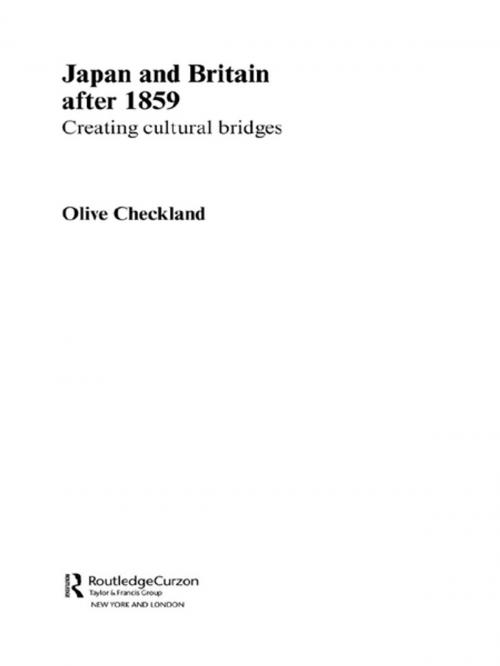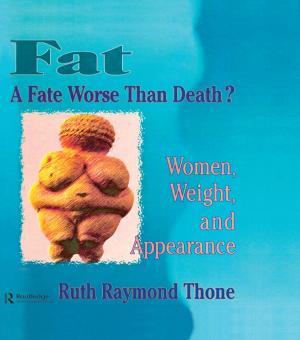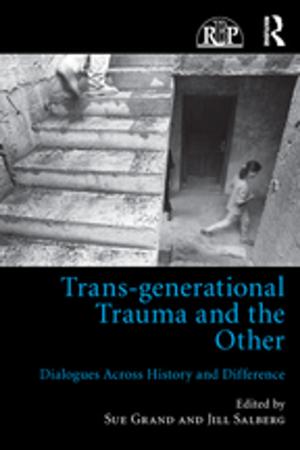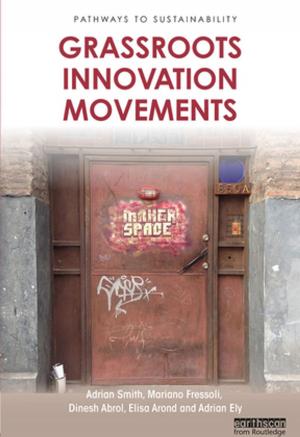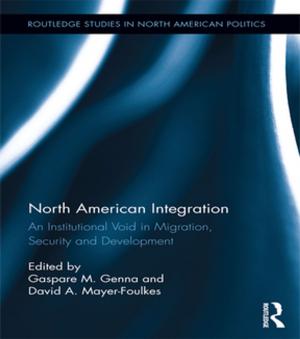Japan and Britain after 1859
Creating Cultural Bridges
Nonfiction, Social & Cultural Studies, Social Science, Cultural Studies, Ethnic Studies, Political Science| Author: | Olive Checkland | ISBN: | 9781135786182 |
| Publisher: | Taylor and Francis | Publication: | August 29, 2003 |
| Imprint: | Routledge | Language: | English |
| Author: | Olive Checkland |
| ISBN: | 9781135786182 |
| Publisher: | Taylor and Francis |
| Publication: | August 29, 2003 |
| Imprint: | Routledge |
| Language: | English |
In the years following Japan's long period of self-imposed isolation from the world, Japan developed a new relationship with the West, and especially with Britain, where relations grew to be particularly close. The Japanese, embarrassed by their perceived comparative backwardness, looked to the West to learn modern industrial techniques, including the design and engineering skills which underpinned them. At the same time, taking great pride in their own culture, they exhibited and sold high quality products of traditional Japanese craftsmanship in the West, stimulating a thirst for, and appreciation of, Japanese arts and crafts. This book examines the two-way bridge-building cultural exchange which took place between Japan and Britain in the years after 1859 and into the early years of the twentieth century. Topics covered include architecture, industrial design, prints, painting and photographs, together with a consideration of Japanese government policy, the Japan-Britain Exhibition of 1910, and commercial spin-offs. In addition, there are case studies of key individuals who were particularly influential in fostering British-Japanese cultural bridges in this period.
In the years following Japan's long period of self-imposed isolation from the world, Japan developed a new relationship with the West, and especially with Britain, where relations grew to be particularly close. The Japanese, embarrassed by their perceived comparative backwardness, looked to the West to learn modern industrial techniques, including the design and engineering skills which underpinned them. At the same time, taking great pride in their own culture, they exhibited and sold high quality products of traditional Japanese craftsmanship in the West, stimulating a thirst for, and appreciation of, Japanese arts and crafts. This book examines the two-way bridge-building cultural exchange which took place between Japan and Britain in the years after 1859 and into the early years of the twentieth century. Topics covered include architecture, industrial design, prints, painting and photographs, together with a consideration of Japanese government policy, the Japan-Britain Exhibition of 1910, and commercial spin-offs. In addition, there are case studies of key individuals who were particularly influential in fostering British-Japanese cultural bridges in this period.
